Pakistan is a country that has a variety of welfare organizations that work tirelessly to provide necessities such as food, shelter, education, and healthcare services to those who are deprived of them.
In this article, we will examine a list of 50+ of the most prominent welfare organizations in Pakistan, including their objectives, and the positive impact they are having on people’s lives.
Recommended Reading: List Of NGOs In Pakistan {Human+Animals+Charity}
List Of 50+ Welfare Organizations In Pakistan

Table of Contents
Recommended Reading: Pakistan Red Crescent Society (Services+Helpline) {Guide Post}
What Are Welfare Organizations?
Welfare organizations are non-profit organizations that work to improve the well-being and quality of life of individuals and communities in need.
They often focus on providing aid, support, and resources to marginalized groups, such as the poor, disabled, orphans, and refugees.
Welfare organizations operate through donations and contributions from individuals, corporations, and governments. They may be organized as charities, foundations, trusts, or associations.
Recommended Reading: The Citizen Foundation Pakistan (Branches+Helpline)
How Do Welfare Organizations Work?
Welfare organizations work to address the needs and challenges facing communities in a variety of ways. Here are some common ways that welfare organizations work:
- Direct Assistance: Many welfare organizations provide direct assistance to individuals and families in need by providing food, shelter, clothing, medical care, and other necessities. They may also provide educational and vocational training to help individuals become self-sufficient.
- Advocacy and Awareness: Welfare organizations also work to raise awareness about social issues and advocate for change. They may engage in advocacy campaigns, lobbying, and public education to address issues such as poverty, gender inequality, and human rights violations.
- Disaster Relief: During natural disasters or emergencies, welfare organizations play a critical role in providing immediate relief and assistance to affected communities. They may provide emergency food, shelter, medical care, and other essential supplies to help people recover from the disaster.
- Fundraising and Donations: Welfare organizations rely heavily on donations from individuals, corporations, and governments to fund their activities. They may organize fundraising events, solicit donations through their websites, or partner with other organizations to secure funding.
- Monitoring and Evaluation: To ensure that their activities are effective, welfare organizations often monitor and evaluate their programs and services. They collect data on program outcomes, assess the impact of their activities, and make adjustments as necessary to improve their effectiveness.
Recommended Reading: Read Foundation Pakistan (Helpline+Donations) {Ultimate Guide}
List Of Welfare Organizations In Pakistan
| Organization | Description |
|---|---|
| Edhi Foundation | Provides healthcare, education, emergency relief, and assistance to the elderly and disabled. |
| Shaukat Khanum Memorial Cancer Hospital | Offers free cancer treatment to patients who cannot afford it. |
| Akhuwat | Provides interest-free loans to help people start businesses and improve their financial conditions. |
| Saylani Welfare International Trust | Offers food assistance, education, and healthcare services. |
| The Citizens Foundation (TCF) | Operates over 1,500 schools for children from low-income families. |
| Al-Khidmat Foundation | Provides disaster relief, healthcare, education, and orphan support. |
| Transparent Hands | Provides free medical treatment, especially for surgical procedures. |
| Aman Foundation | Offers healthcare services, vocational training, and disaster relief. |
| SOS Children’s Villages Pakistan | Provides a home, education, and healthcare for orphaned and abandoned children. |
| Chhipa Welfare Association | Offers emergency response services, food assistance, and healthcare. |
| Tameer-e-Millat Foundation | Focuses on poverty alleviation through education, healthcare, and skill development. |
| Khubaib Foundation | Provides education, shelter, and rehabilitation for street children and juvenile offenders. |
| Al-Falah Trust | Offers education, healthcare, and welfare services for disadvantaged communities. |
| Fatimid Foundation | Assists people with blood-related diseases like thalassemia, hemophilia, and leukemia. |
| Islamic Relief Pakistan | Provides emergency response services, education, healthcare, and livelihood programs. |
| Pakistan Poverty Alleviation Fund (PPAF) | Aims to alleviate poverty by supporting small businesses and community organizations. |
| Human Development Foundation (HDF) | Offers education, healthcare, and disaster relief efforts. |
| LRBT (Layton Rahmatullah Benevolent Trust) | Provides free eye treatment and surgery. |
| Zindagi Trust | Focuses on education initiatives for underprivileged children. |
| Bargad | Provides youth development programs, including leadership training and social entrepreneurship. |
| Care Foundation | Operates schools providing quality education to underprivileged children. |
| Pakistan Red Crescent Society | Offers emergency response services, healthcare, and disaster relief. |
| Marie Stopes Society | Provides family planning and reproductive health services. |
| Darul Sukun | Provides shelter and care for individuals with intellectual and physical disabilities. |
| Lady Reading Hospital (LRH) | Government-funded hospital in Peshawar offering healthcare services. |
| Sightsavers Pakistan | Works towards preventing blindness and providing eye care services. |
| Association for Academic Quality (AFAQ) | Provides educational resources and services to schools and teachers. |
| Pakistan Youth Hostels Association | Operates affordable hostels for travelers and students. |
| Pakistan Bait-ul-Mal | Government organization providing financial assistance, healthcare, and social welfare services. |
| The Hunar Foundation | Provides vocational training programs for underprivileged youth. |
| Indus Hospital | Offers high-quality healthcare services to those who cannot afford it. |
| Bunyad Literacy Community Council | Aims to improve literacy rates, especially among women and children. |
| Pakistan Sweet Homes | Provides shelter, education, and care for orphaned and abandoned children. |
| TCF-IT | Offers vocational training and employment opportunities to women from underprivileged communities. |
| Khana Ghar | Provides free meals to underprivileged individuals and families. |
| Behbud Association | Offers vocational training and employment opportunities to women. |
| Chanan Development Association | Works towards promoting human rights, gender equality, and sustainable development. |
| Acid Survivors Foundation | Provides medical treatment, rehabilitation, and legal assistance to survivors of acid attacks. |
| Taaleem Foundation | Operates schools providing quality education to underprivileged children. |
| Aman Foundation | Provides emergency medical services, education, and job training. |
| Deaf Reach | Offers education and vocational training for deaf children and youth. |
| The Citizens Foundation | Operates schools providing quality education to underprivileged children. |
| Sahara for Life Trust | Provides education, healthcare, and social welfare services. |
| KASHF Foundation | Provides microfinance services, education, and healthcare to underprivileged women. |
| Mashal Model School | Offers quality education to underprivileged children. |
| Roshni Homes Trust | Provides shelter, education, and care for orphaned and abandoned children. |
| Hashoo Foundation | Works towards poverty alleviation, sustainable development, and disaster relief. |
| Human Appeal Pakistan | Provides emergency relief, healthcare, and education services. |
| Society for the Protection of the Rights of the Child (SPARC) | Works towards protecting the rights of children, especially those vulnerable to exploitation and abuse. |
| National Commission for Human Development (NCHD) | Promotes education, healthcare, and social welfare services. |
| Akhtar Hameed Khan Resource Centre (AHKRC) | Works towards poverty alleviation, sustainable development, and community empowerment. |
| Alamgir Welfare Trust International (AWTI) | Provides education, healthcare, and social welfare services. |
| Dar-ul-Ehsan | Provides shelter and care for homeless individuals and families. |
| HELP Foundation | Offers healthcare, education, and disaster relief efforts. |
| TCF-Healthcare | Provides healthcare services, including medical treatment and health education. |
Recommended Reading: Aman Foundation Ambulance (Services+Helpline)
Top Institutions In Pakistan That Regulate Welfare Organizations
In Pakistan, there are several institutions that are responsible for regulating welfare organizations and ensuring their compliance with legal and regulatory requirements.
Here are some of the top institutions that regulate welfare organizations in Pakistan:
Securities And Exchange Commission Of Pakistan (SECP)
The SECP is the primary regulatory body responsible for regulating companies, including non-profit organizations and welfare organizations in Pakistan.
It oversees compliance with laws and regulations related to corporate governance, financial reporting, and fundraising.
Recommended Reading: List Of 55+ Charity Organizations In Pakistan {Registered+Authentic}
Federal Board Of Revenue (FBR)
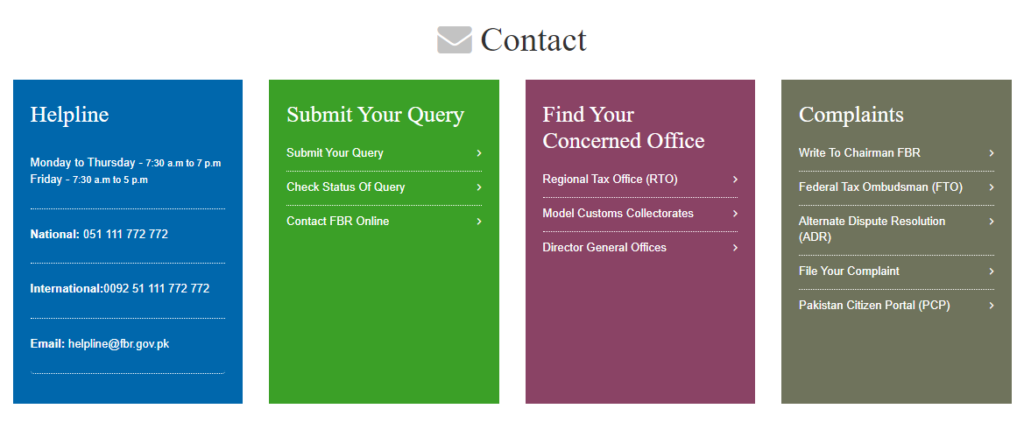
The FBR is responsible for collecting taxes and regulating tax-exempt organizations, including welfare organizations. It monitors their financial activities to ensure they are complying with tax laws and regulations.
National Database And Registration Authority (NADRA)
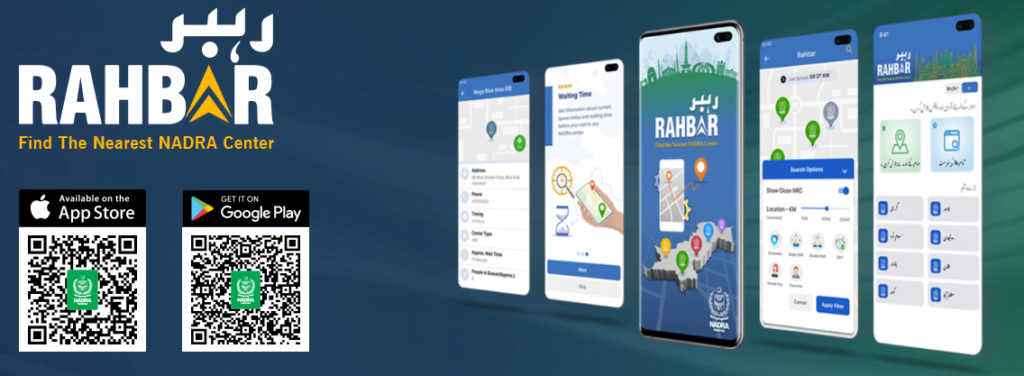
NADRA is responsible for issuing identification cards to individuals, including members of welfare organizations. It also maintains a database of non-profit organizations in Pakistan and oversees their registration and compliance.
Recommended Reading: How To Donate Money To Edhi Foundation (Services+Helpline)
Provincial Governments
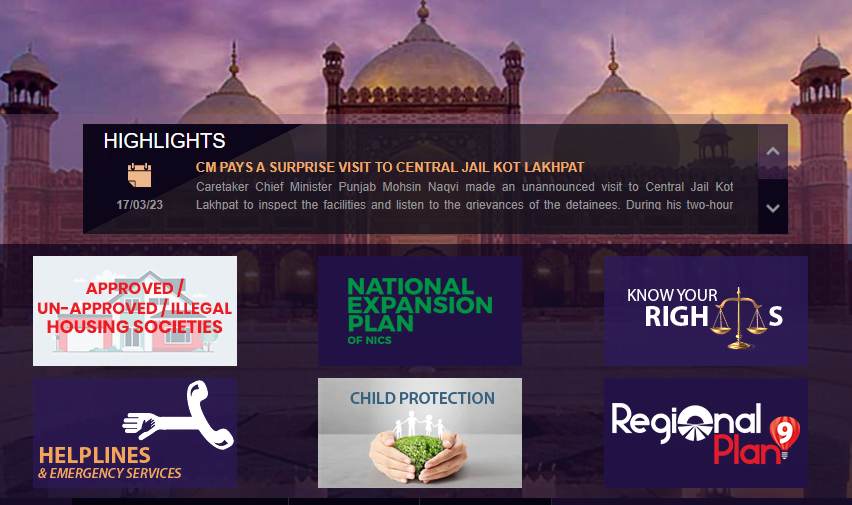
In addition to the federal government, provincial governments in Pakistan also regulate welfare organizations within their jurisdiction. They oversee compliance with local laws and regulations related to social welfare and non-profit organizations.
Non-Governmental Organizations (NGO) Regulatory Authority
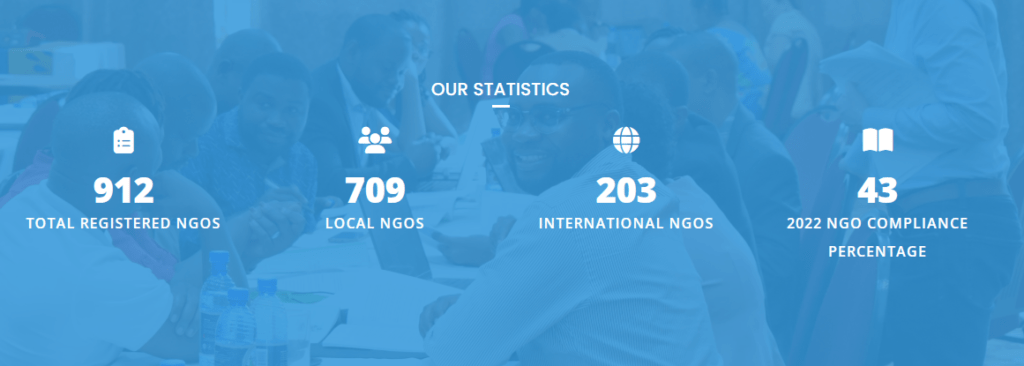
The NGO Regulatory Authority is a new regulatory body established by the Pakistani government in 2021. Its primary mandate is to regulate and monitor the activities of non-governmental organizations, including welfare organizations, to ensure transparency and accountability.
Welfare Organizations In Pakistan Pros And Cons
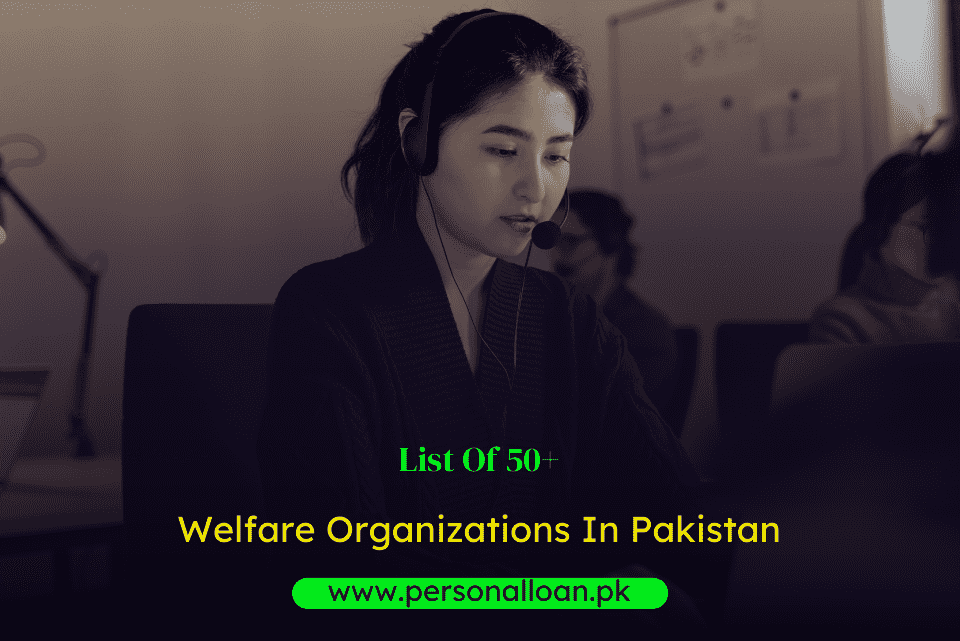
Pros:
- Helping the underprivileged: Welfare organizations in Pakistan play a crucial role in assisting with interest-free loans and support to underprivileged individuals and communities.
- Promoting social welfare: These organizations work towards promoting social welfare by providing education, healthcare, and other social services to those in need.
- Bridging the gap: Welfare organizations also help bridge the gap between the rich and the poor, by providing equal opportunities and services to all individuals.
- Creating employment opportunities: Many welfare organizations in Pakistan provide vocational training programs and employment opportunities to underprivileged communities.
- Philanthropy: Welfare organizations rely on the generosity of donors and philanthropists, who contribute to the cause and help support the less fortunate members of society.
Recommended Reading: List Of 11+ Welfare Organizations In Pakistan {Updated}
Cons:
- Limited resources: Welfare organizations in Pakistan often face resource constraints, which limits their ability to provide services to a large number of people, particularly in remote or underdeveloped areas.
- Lack of accountability: Some welfare organizations may lack transparency and accountability in their operations, which can lead to mismanagement of resources and corruption.
- Dependency: Continuous reliance on welfare organizations can create a culture of dependency, where individuals and communities become complacent and reliant on external support.
- Unequal distribution: The distribution of resources and services provided by welfare organizations may not be equal or fair, which can lead to further marginalization of certain groups or individuals.
- Sustainability: Some welfare organizations may focus solely on short-term solutions, without considering the long-term sustainability and impact of their interventions.
Recommended Reading: Free! Saylani Courses | Saylani Welfare Courses List
FAQs | Welfare Organizations In Pakistan
What is the role of welfare organizations in Pakistan?
Welfare organizations in Pakistan play a crucial role in providing financial assistance and support to underprivileged individuals and communities, helping them meet their basic needs and improving their quality of life.
What types of services do welfare organizations in Pakistan provide?
Welfare organizations in Pakistan provide a wide range of services, including but not limited to healthcare, education, disaster relief, vocational training, and shelter for the homeless.
Some organizations also provide legal aid, human rights advocacy, and community development services.
How are welfare organizations in Pakistan funded?
Welfare organizations in Pakistan are funded through a variety of sources, including government grants, donations from philanthropists and businesses, and international aid.
Some organizations may also generate income through social enterprises or by charging fees for services provided.
How can I volunteer or contribute to a welfare organization in Pakistan?
If you are interested in volunteering or contributing to a welfare organization in Pakistan, you can visit their website or contact them directly to inquire about available opportunities.
Many organizations also have social media pages where they post updates and information about their activities, events, and volunteer opportunities.
How can I ensure that my donation to a welfare organization in Pakistan is being used effectively?
It is important to do your research and due diligence before donating to a welfare organization in Pakistan.
Look for organizations with a good track record of transparency and accountability, and check their financial statements to ensure that your donation is being used effectively.
You can also ask for regular updates and reports on the organization’s activities and impact.
How can I donate to a welfare organization in Pakistan?
Most welfare organizations in Pakistan have online donation portals on their websites, where you can make a donation using a credit card or bank transfer.
You can also donate in person at the organization’s office or through their authorized collection centers.
What are some of the challenges faced by welfare organizations in Pakistan?
Welfare organizations in Pakistan face a range of challenges, including limited resources, lack of transparency and accountability, political instability, corruption, and security concerns, among others.
Recommended Reading: Top 7 Social Welfare Projects Of Saylani Welfare Trust {Update}
If you like this article, please comment and share this article with others on Facebook, WhatsApp, or any other platform.
If you have any questions contact us (email) at Contact@personalloan.pk | Personalloan.pk@gmail.com or leave us a comment, we would love to answer all of your queries. Thanks for reading!

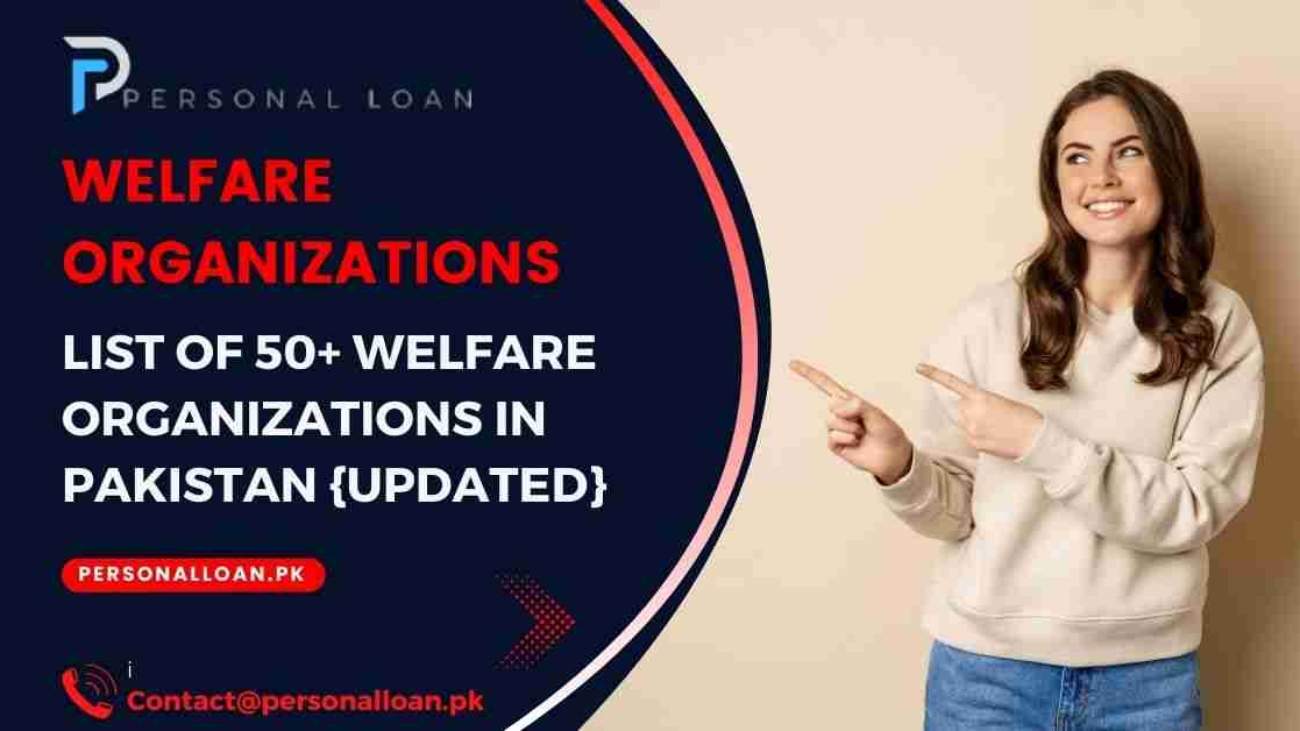
Add a Comment